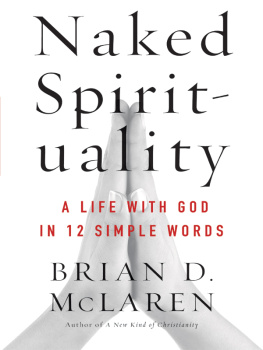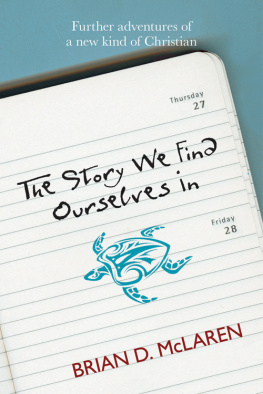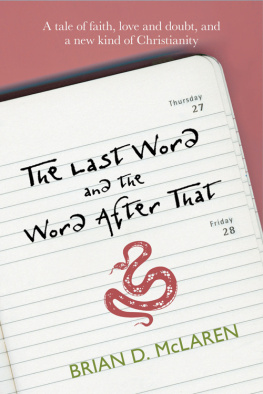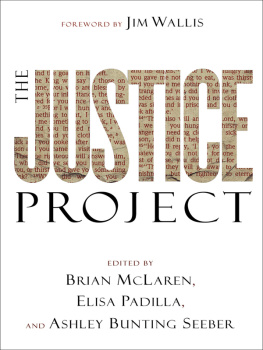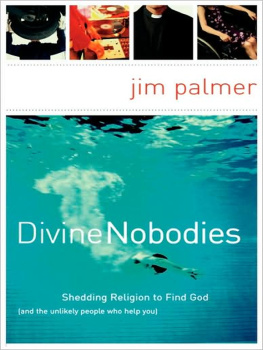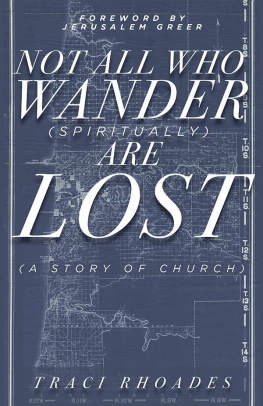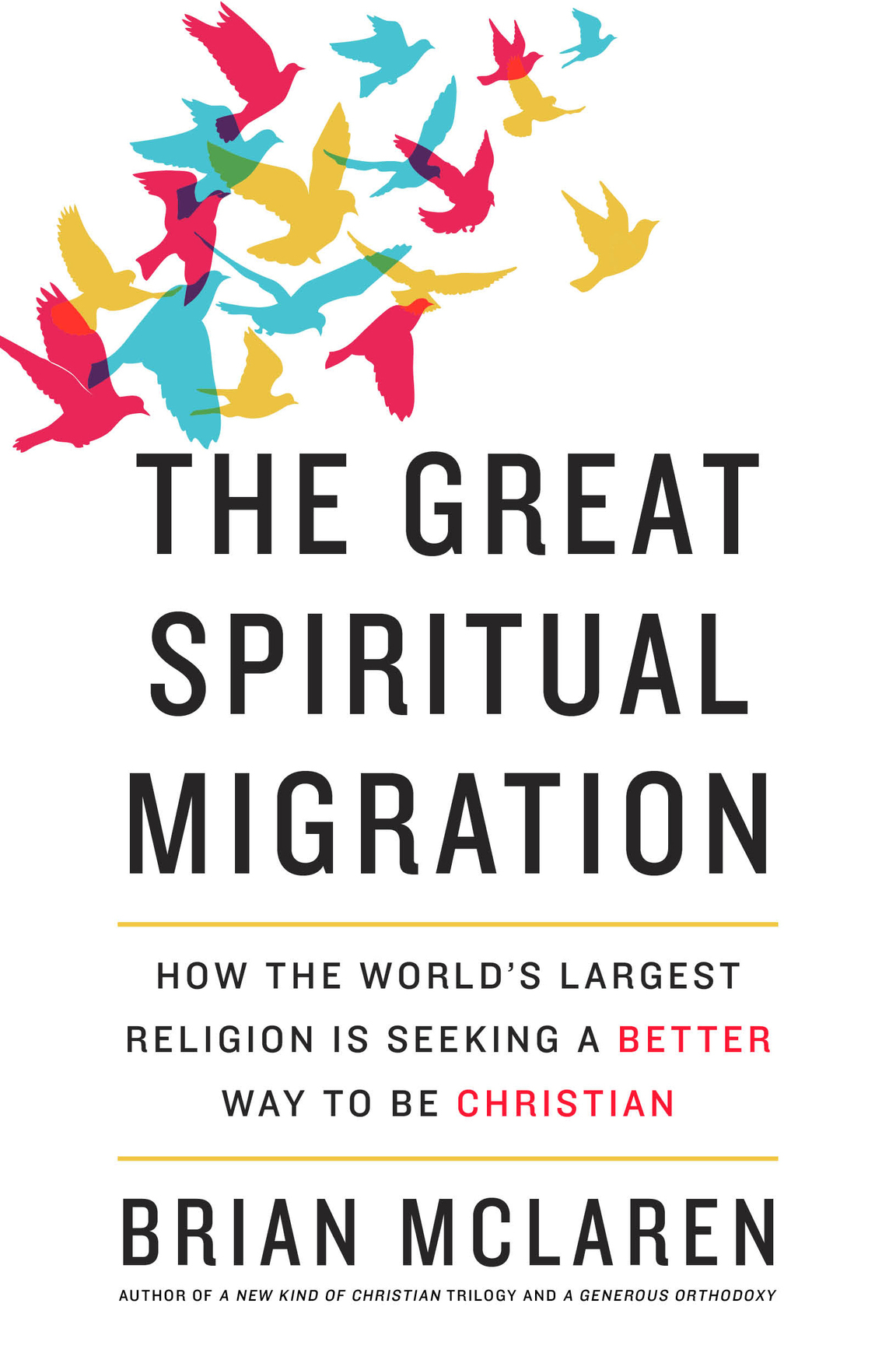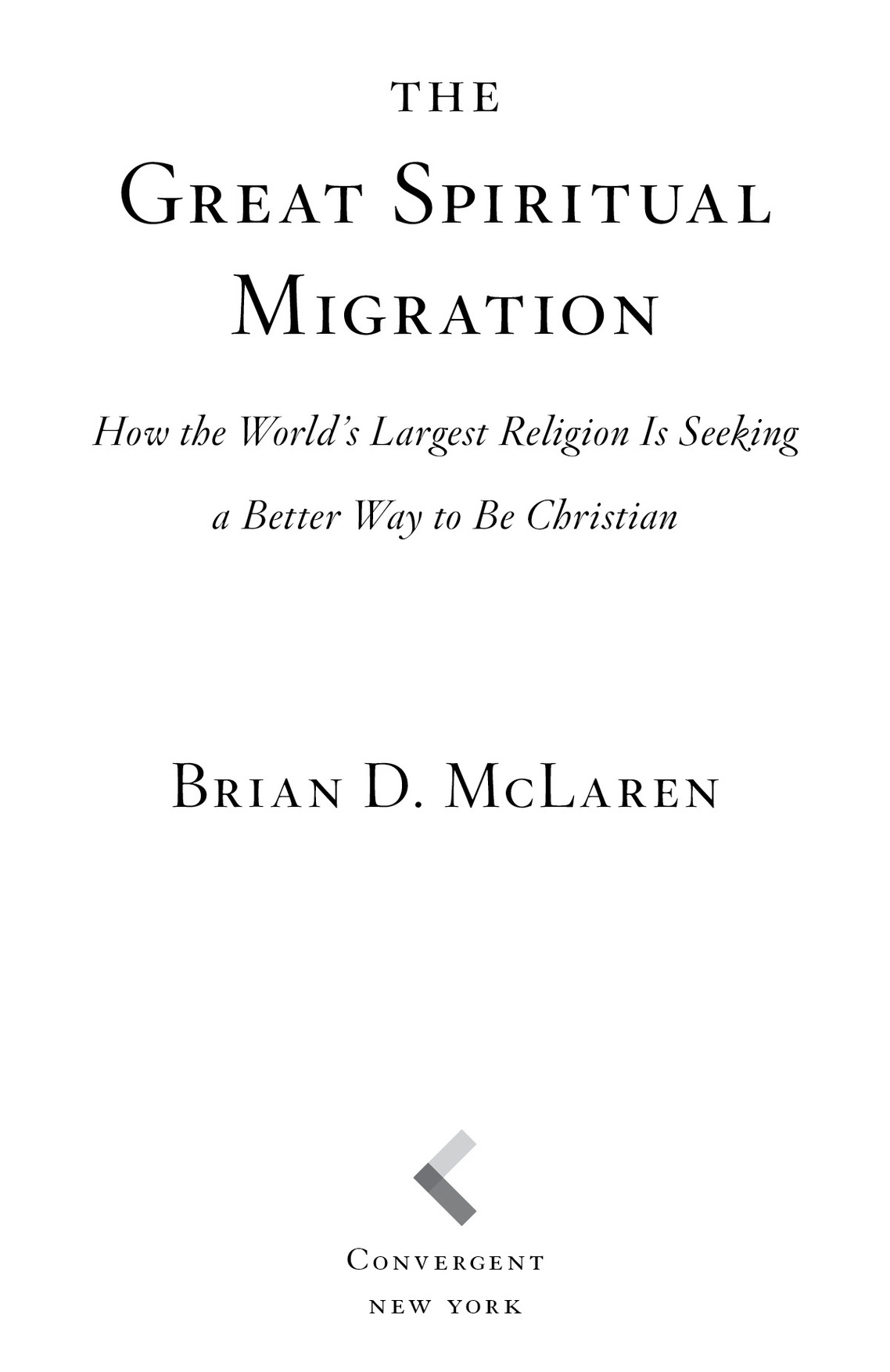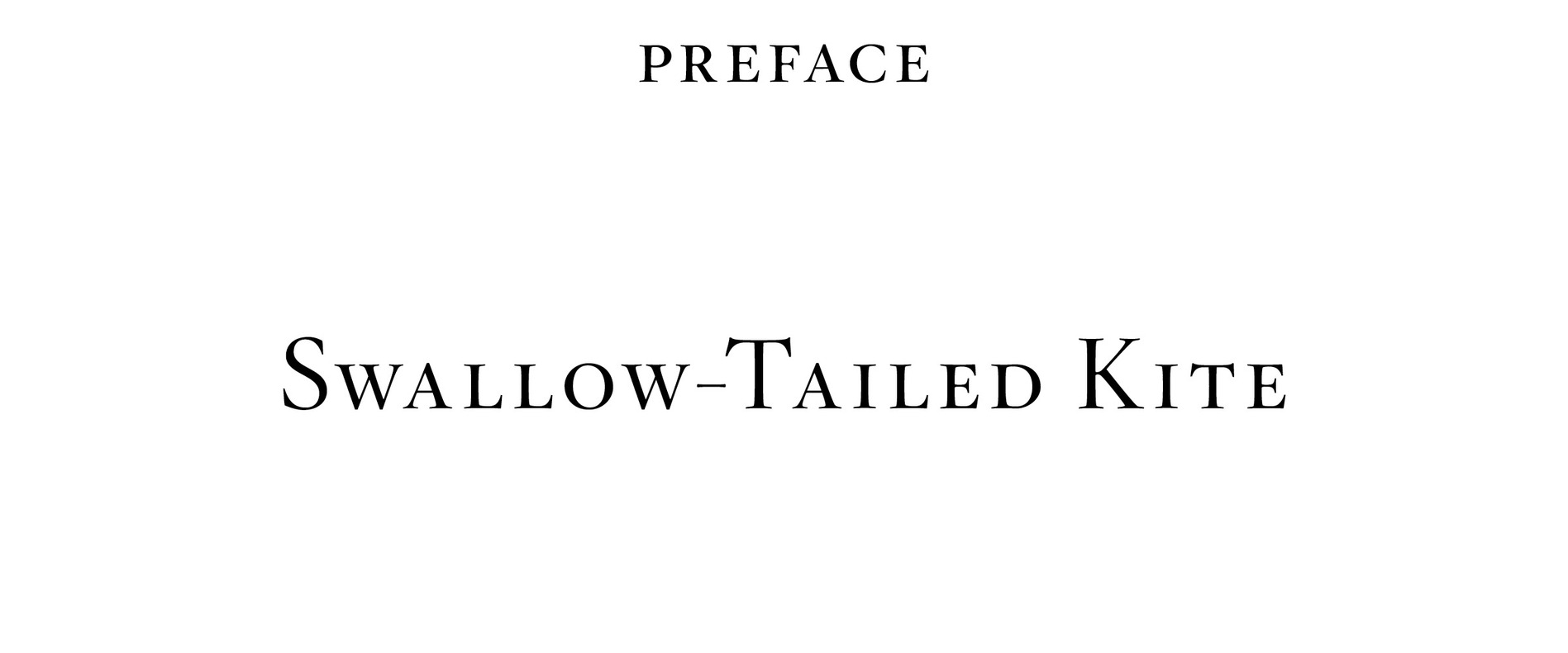Brian D. Mclaren - The Great Spiritual Migration: How the Worlds Largest Religion Is Seeking a Better Way to Be Christian
Here you can read online Brian D. Mclaren - The Great Spiritual Migration: How the Worlds Largest Religion Is Seeking a Better Way to Be Christian full text of the book (entire story) in english for free. Download pdf and epub, get meaning, cover and reviews about this ebook. year: 2016, publisher: The Crown Publishing Group, genre: Religion. Description of the work, (preface) as well as reviews are available. Best literature library LitArk.com created for fans of good reading and offers a wide selection of genres:
Romance novel
Science fiction
Adventure
Detective
Science
History
Home and family
Prose
Art
Politics
Computer
Non-fiction
Religion
Business
Children
Humor
Choose a favorite category and find really read worthwhile books. Enjoy immersion in the world of imagination, feel the emotions of the characters or learn something new for yourself, make an fascinating discovery.

- Book:The Great Spiritual Migration: How the Worlds Largest Religion Is Seeking a Better Way to Be Christian
- Author:
- Publisher:The Crown Publishing Group
- Genre:
- Year:2016
- Rating:3 / 5
- Favourites:Add to favourites
- Your mark:
The Great Spiritual Migration: How the Worlds Largest Religion Is Seeking a Better Way to Be Christian: summary, description and annotation
We offer to read an annotation, description, summary or preface (depends on what the author of the book "The Great Spiritual Migration: How the Worlds Largest Religion Is Seeking a Better Way to Be Christian" wrote himself). If you haven't found the necessary information about the book — write in the comments, we will try to find it.
Its time to move again.
Brian McLaren, a leading voice in contemporary religion, argues that notwithstanding the dire headlines about the demise of faith and drop in church attendanceChristian faith is not dying. Rather, it is embarking on a once-in-an-era spiritual shift. For millions, the journey has already begun.
Drawing from his work as global activist, pastor, and public theologian, McLaren challenges readers to stop worrying, waiting, and indulging in nostalgia, and instead, to embrace the powerful new understandings that are reshaping the church. In The Great Spiritual Migration, he explores three profound shifts that define the change:
Spiritually, growing numbers of Christians are moving away from defining themselves by lists of beliefs and toward a way of life defined by love
Theologically, believers are increasingly rejecting the image of God as a violent Supreme Being and embracing the image of God as the renewing Spirit at work in our world for the common good
Missionally, the faithful are identifying less with organized religion and more with organizing religionspiritual activists dedicated to healing the planet, building peace, overcoming poverty and injustice, and collaborating with other faiths to ensure a better future for all of us
With his trademark brilliance and compassion, McLaren invites readers to seize the moment and set out on the most significant spiritual pilgrimage of our time: to help Christianity become more Christian.
Brian D. Mclaren: author's other books
Who wrote The Great Spiritual Migration: How the Worlds Largest Religion Is Seeking a Better Way to Be Christian? Find out the surname, the name of the author of the book and a list of all author's works by series.

